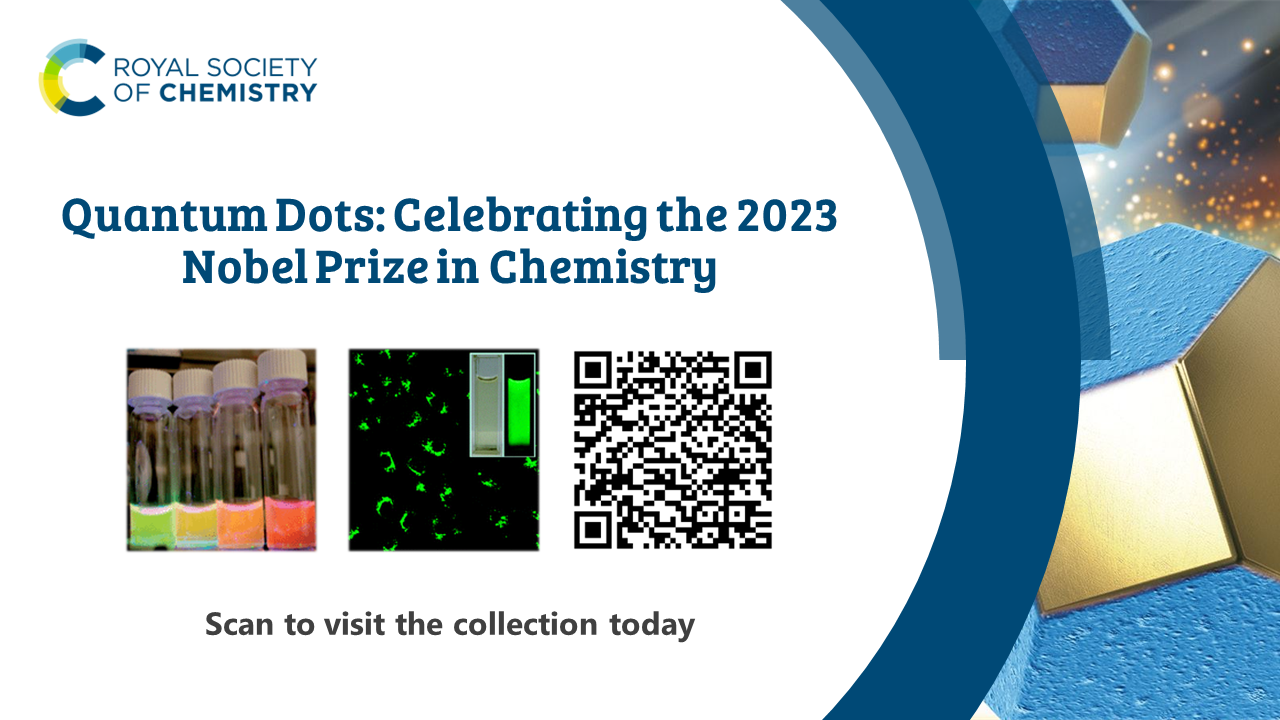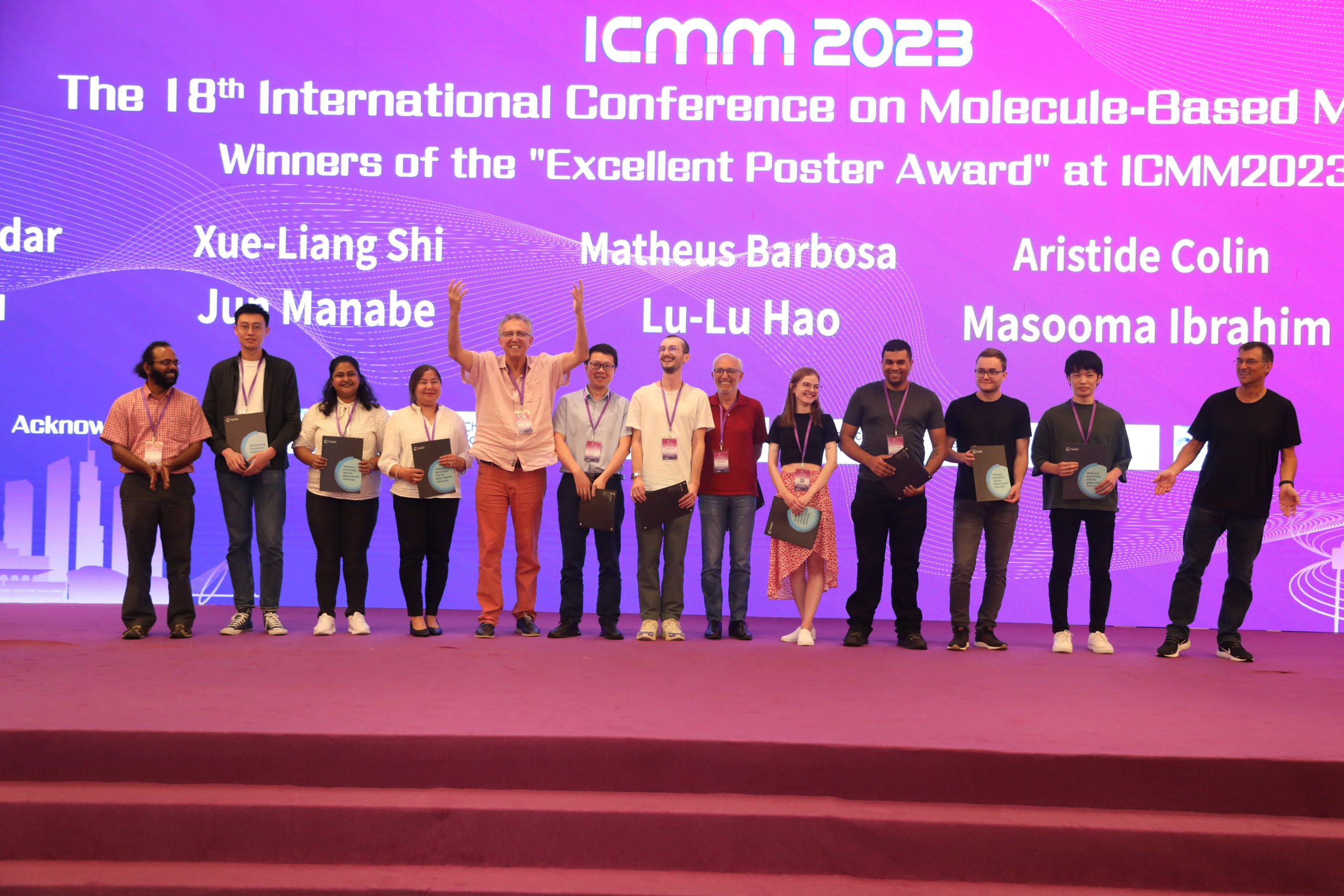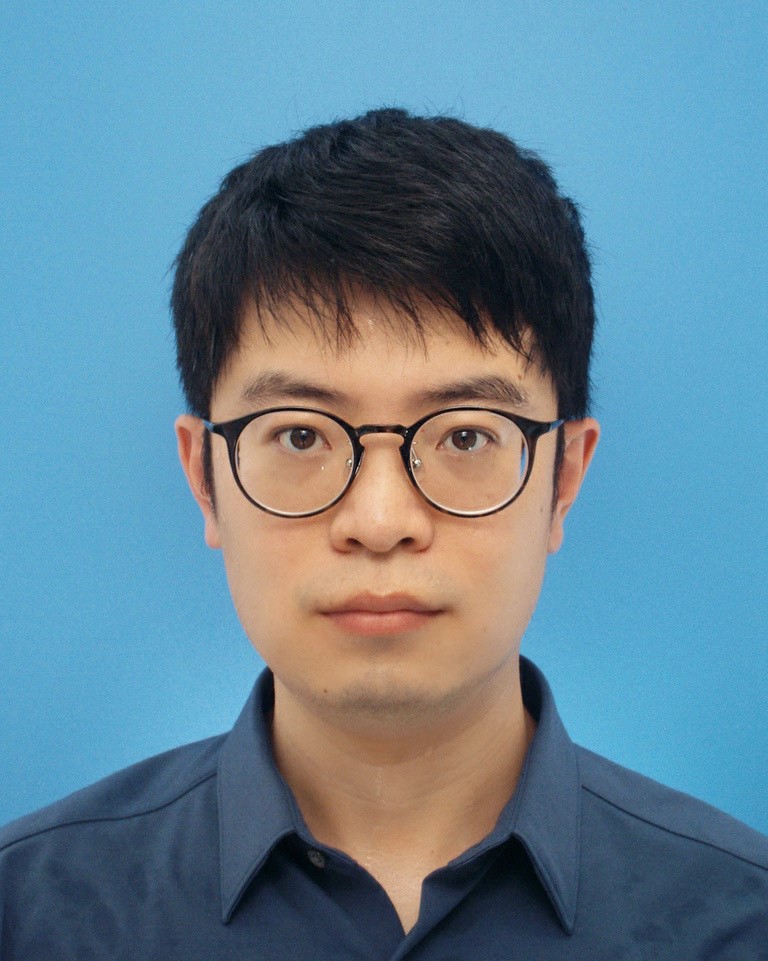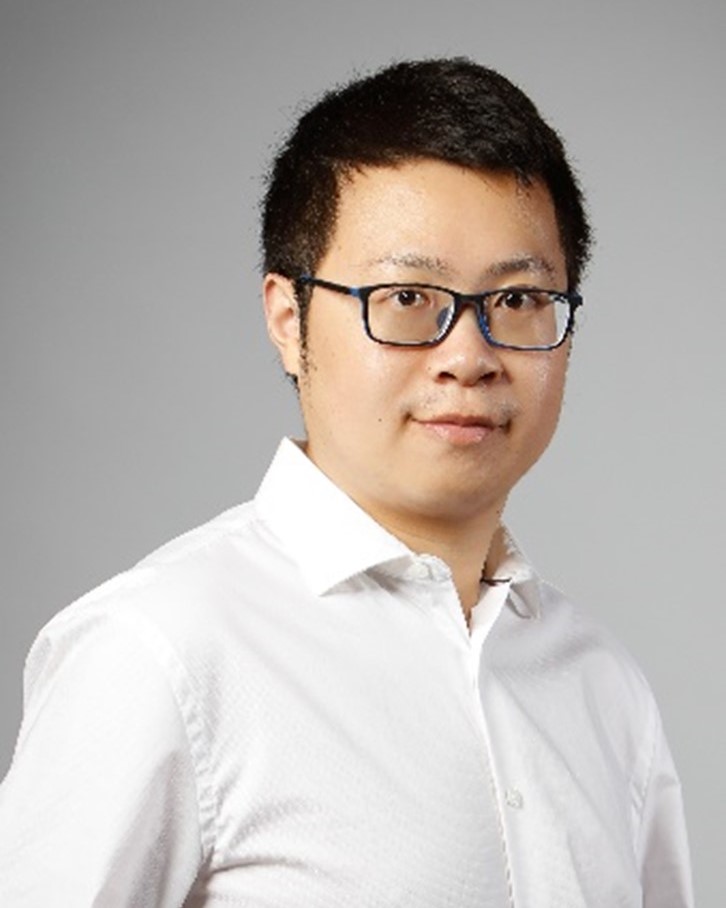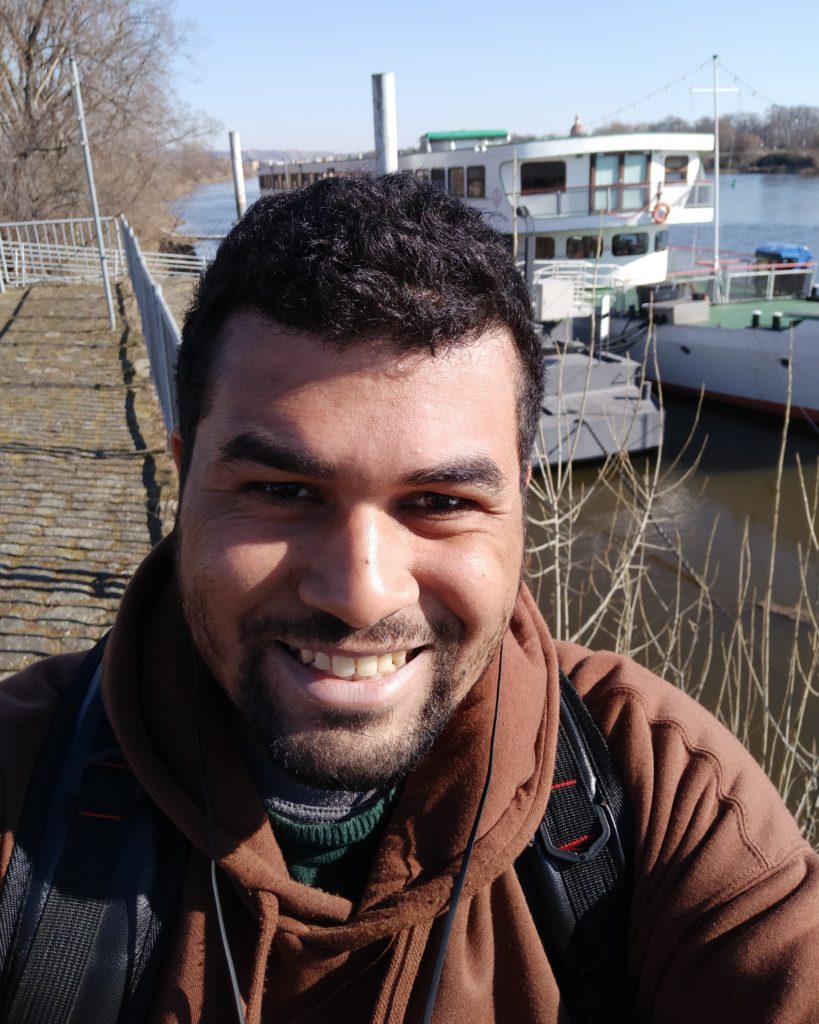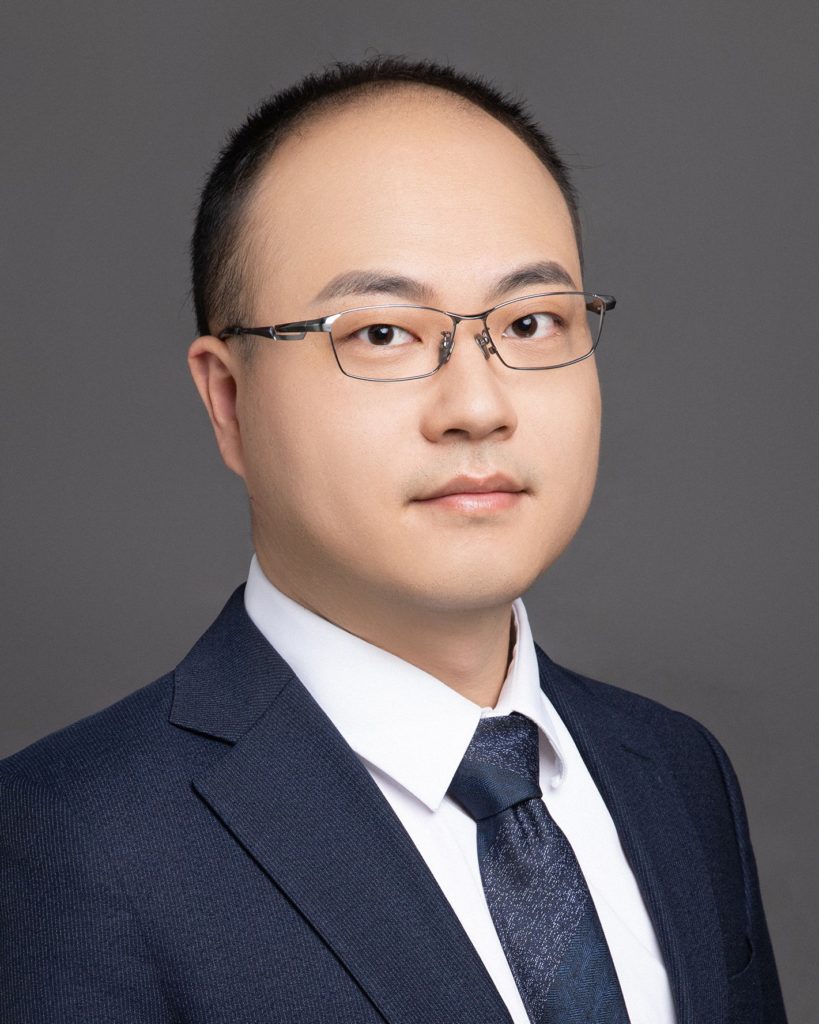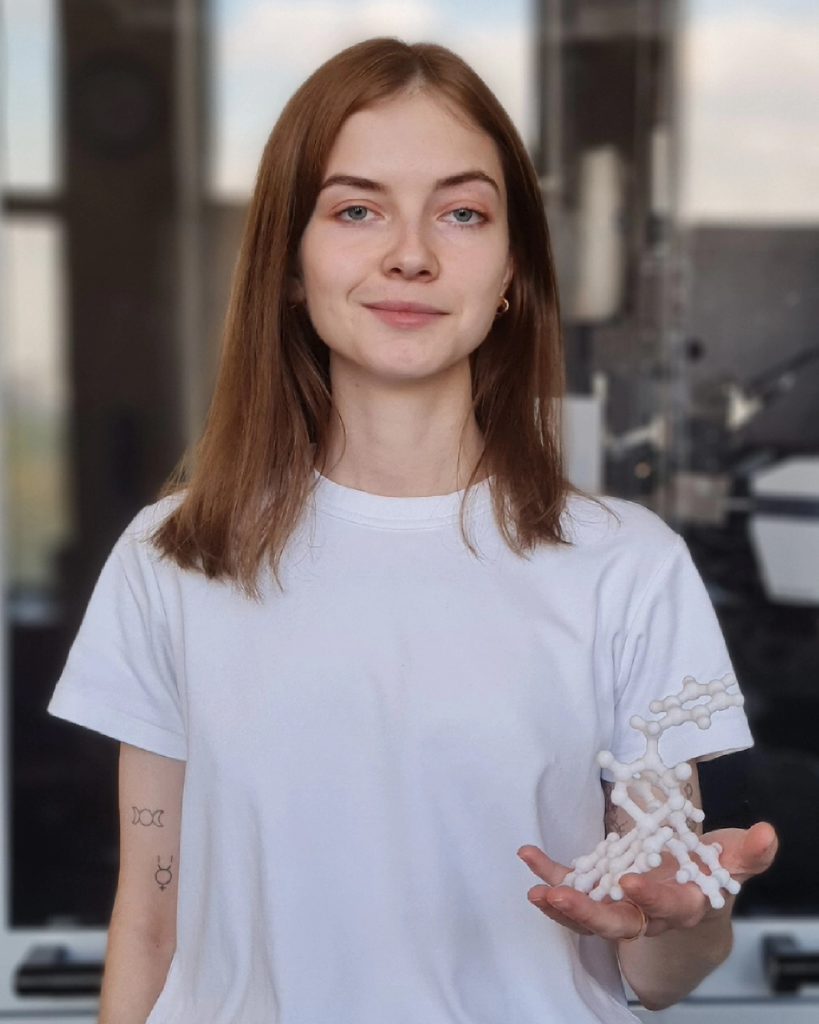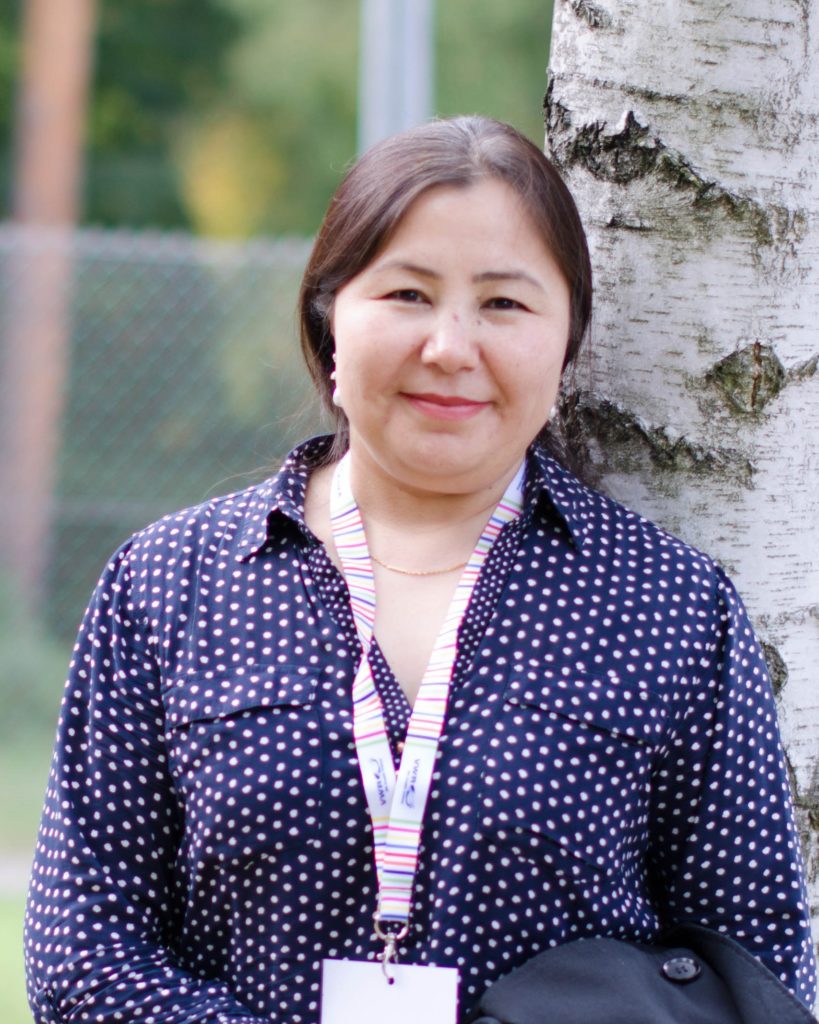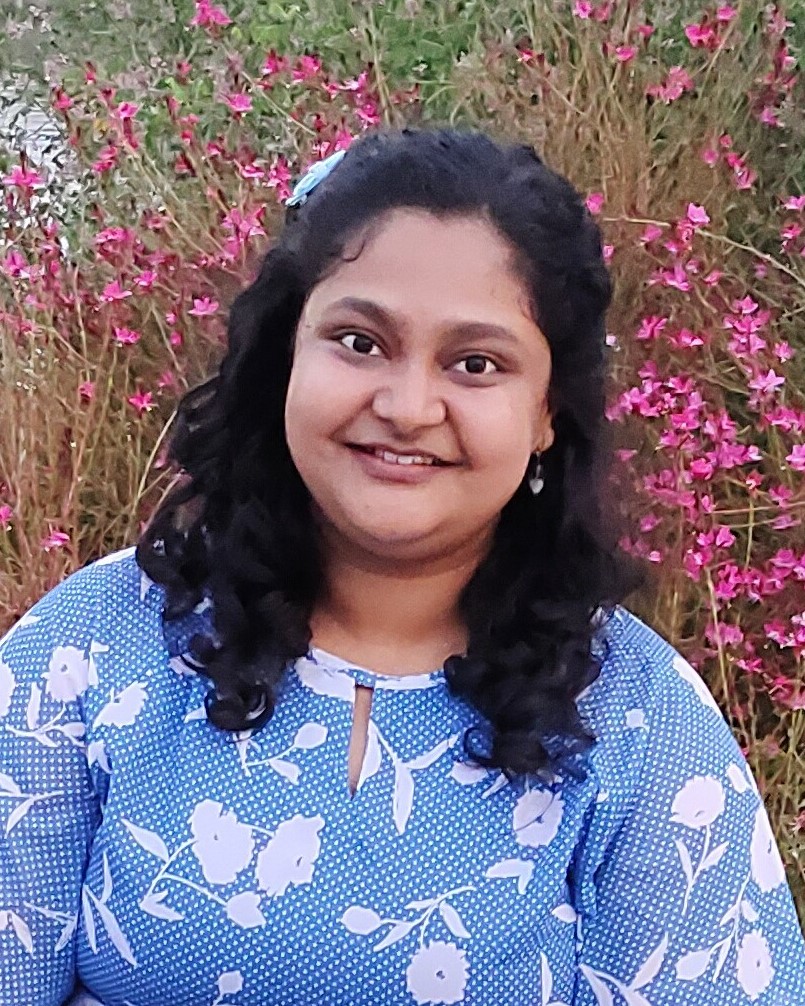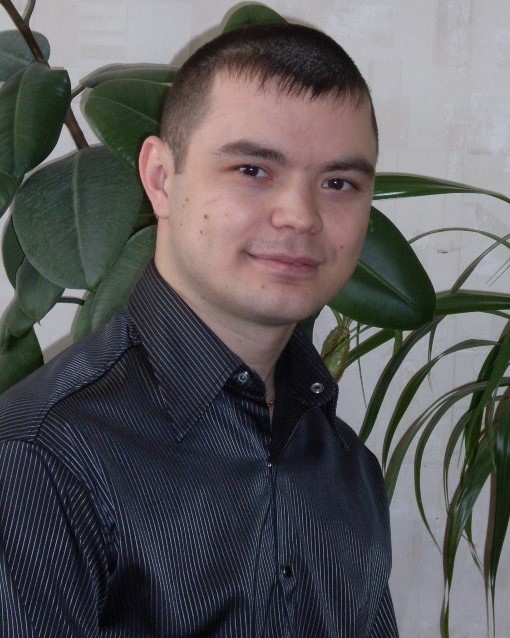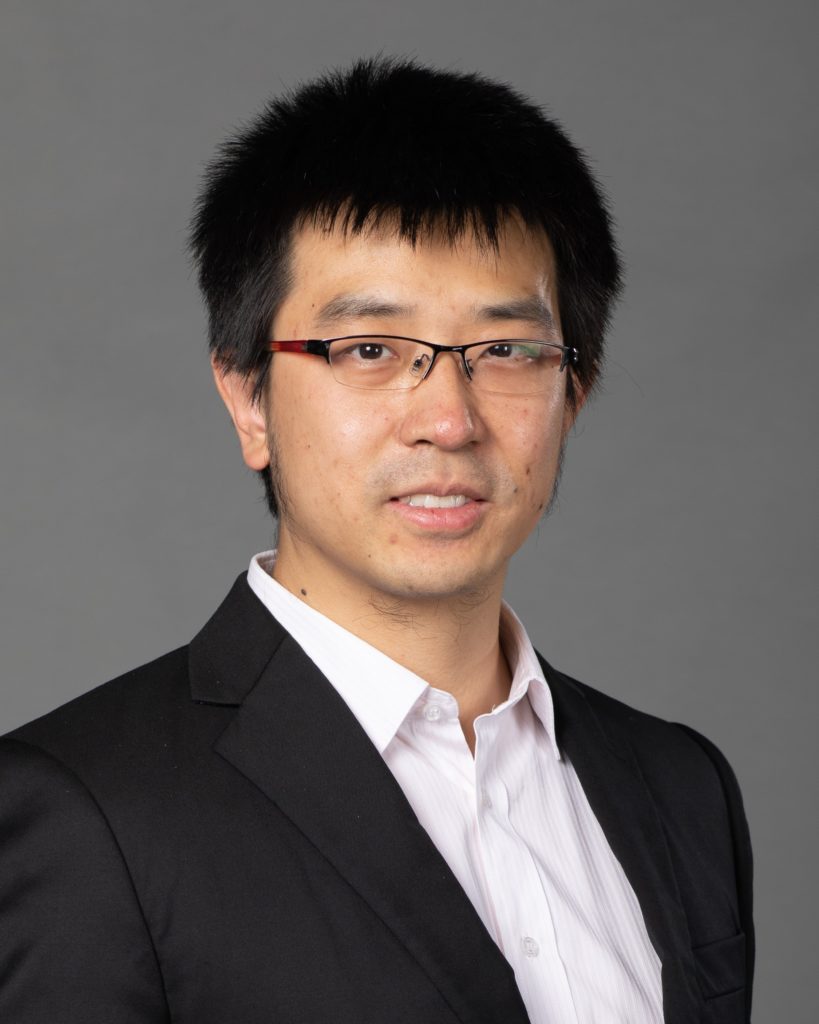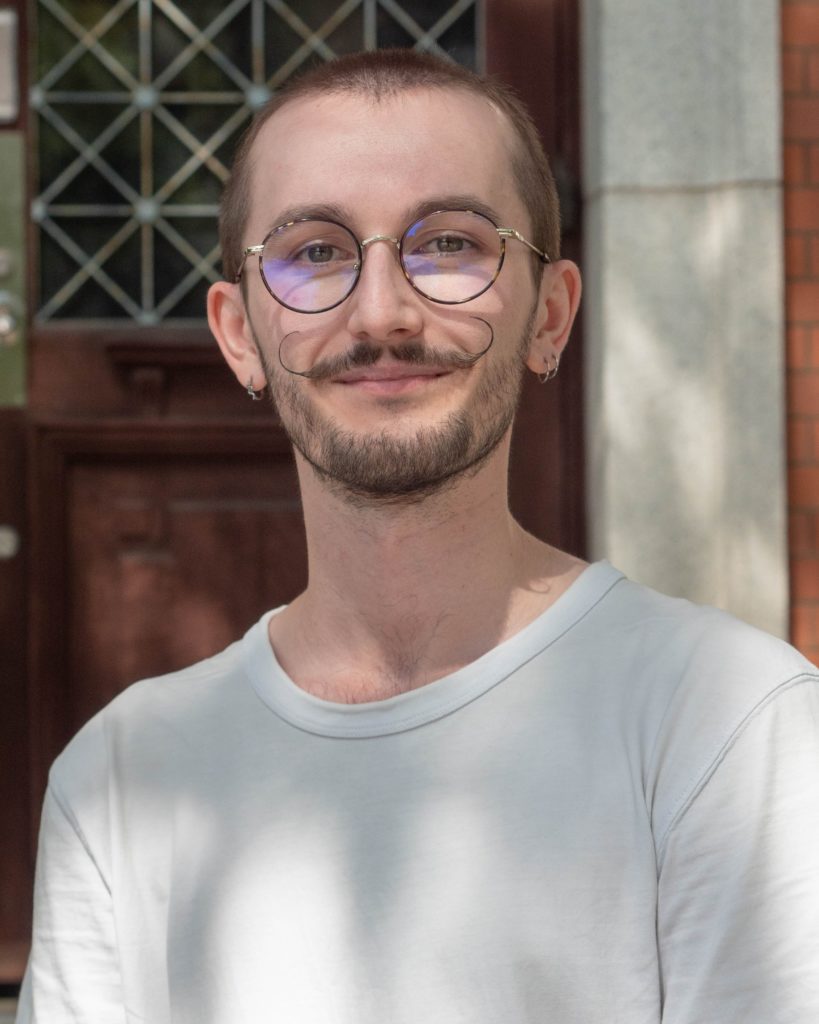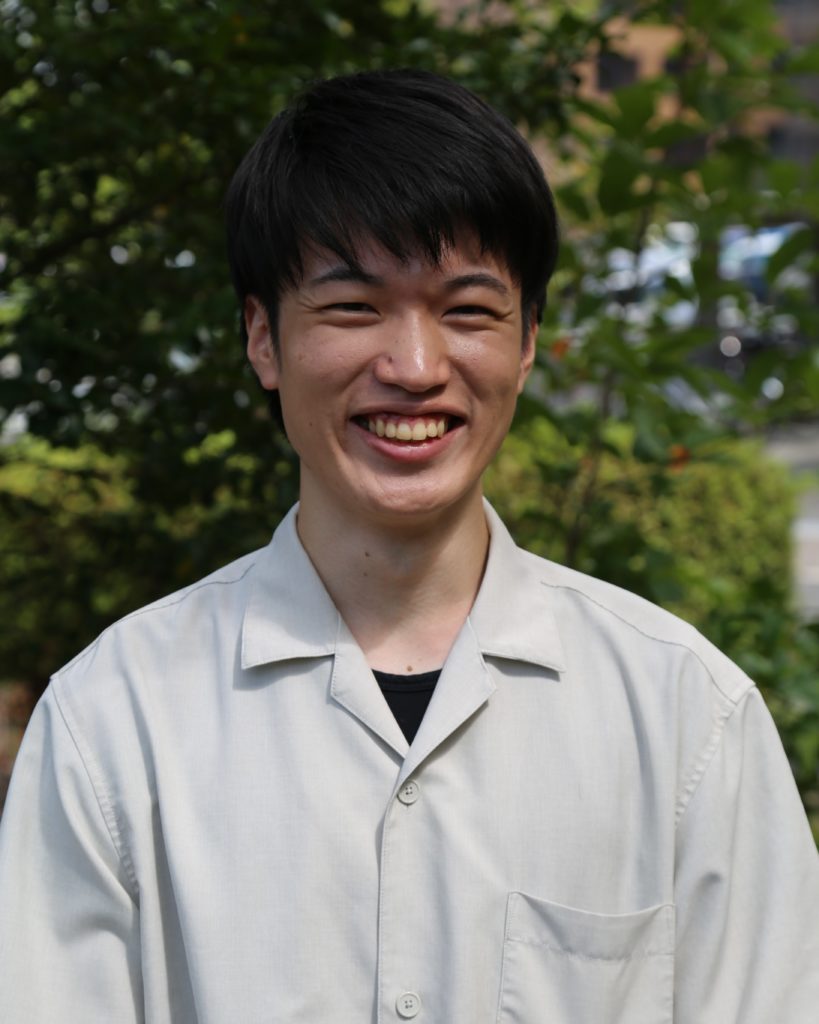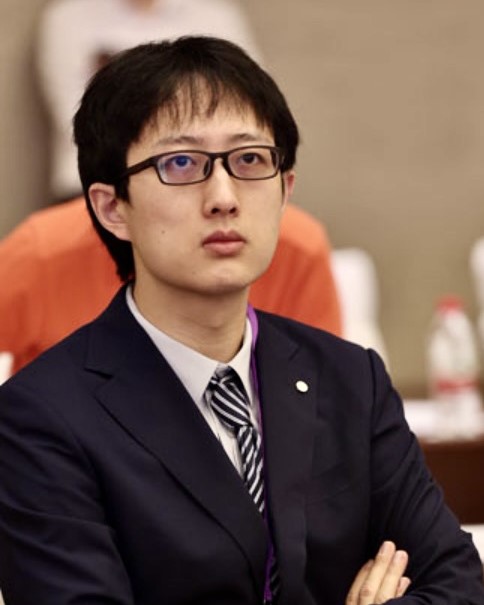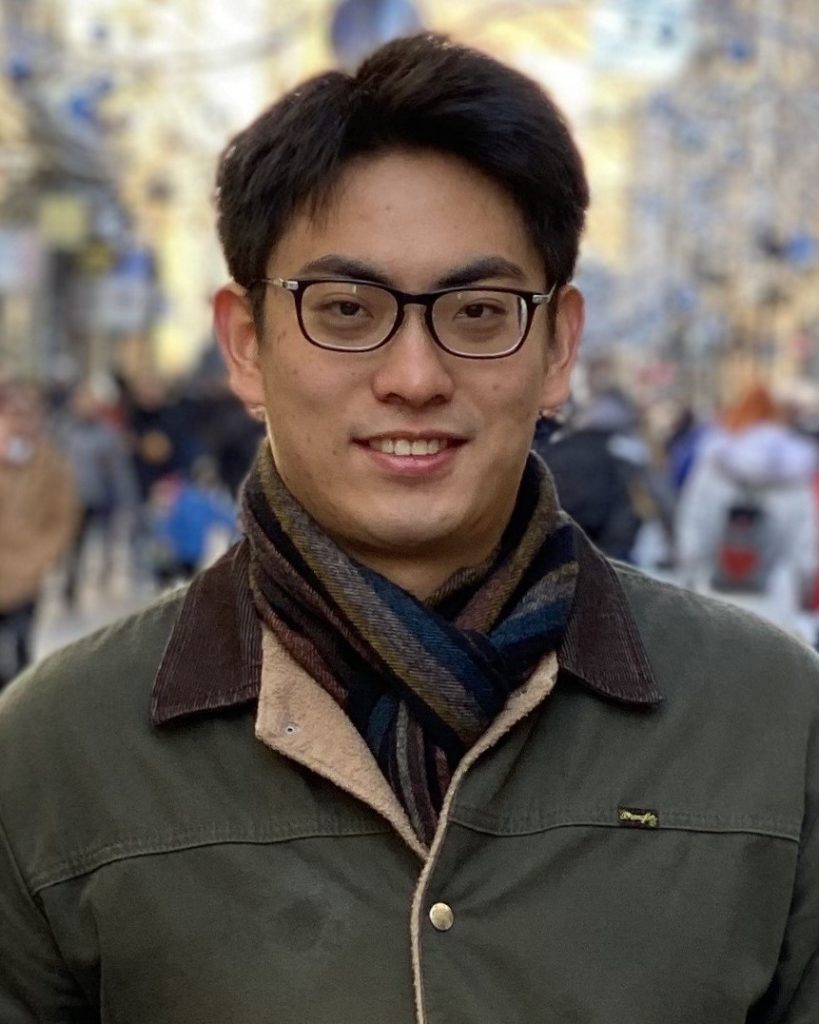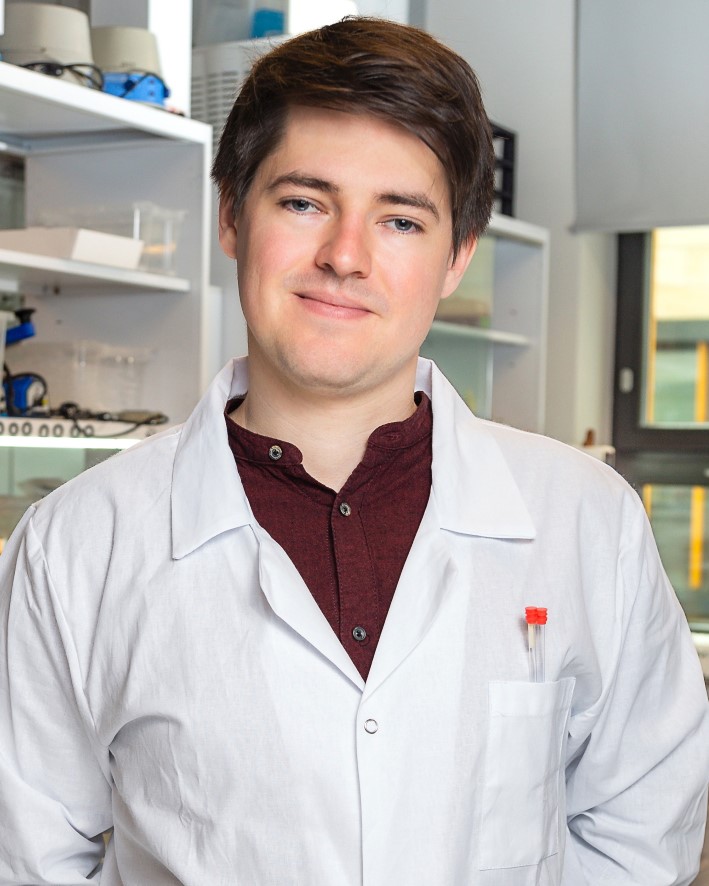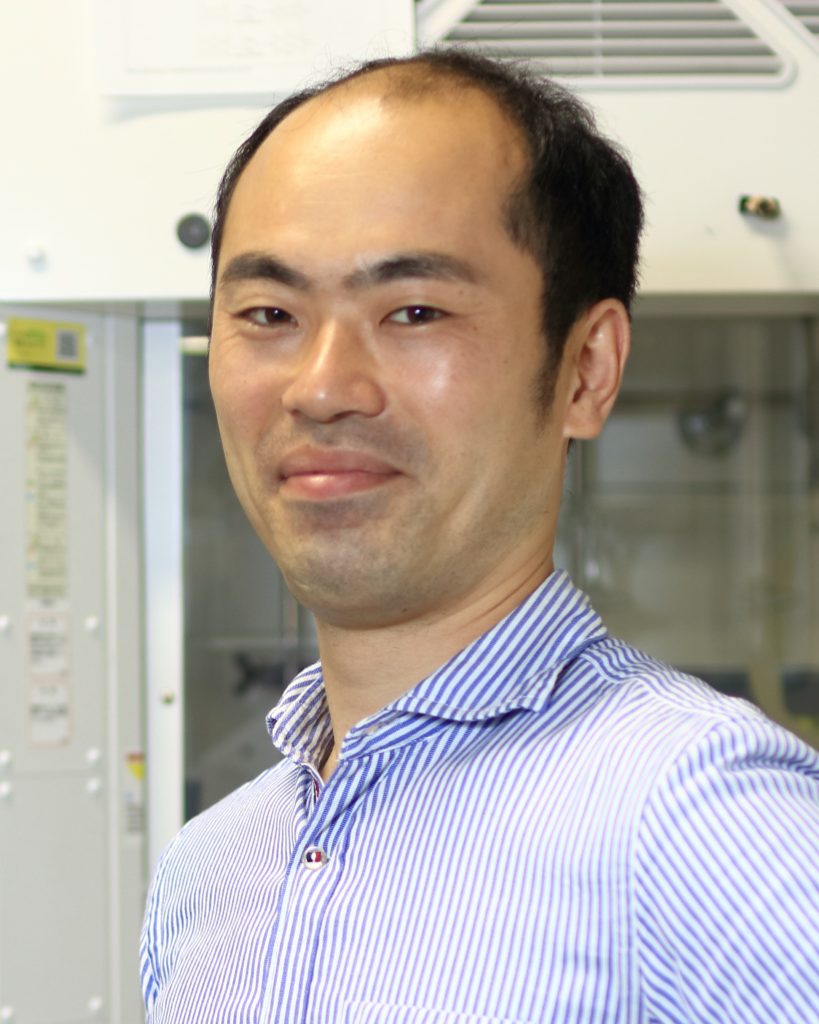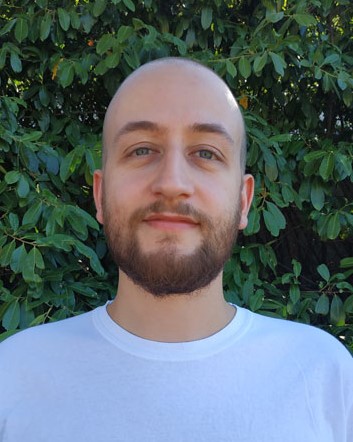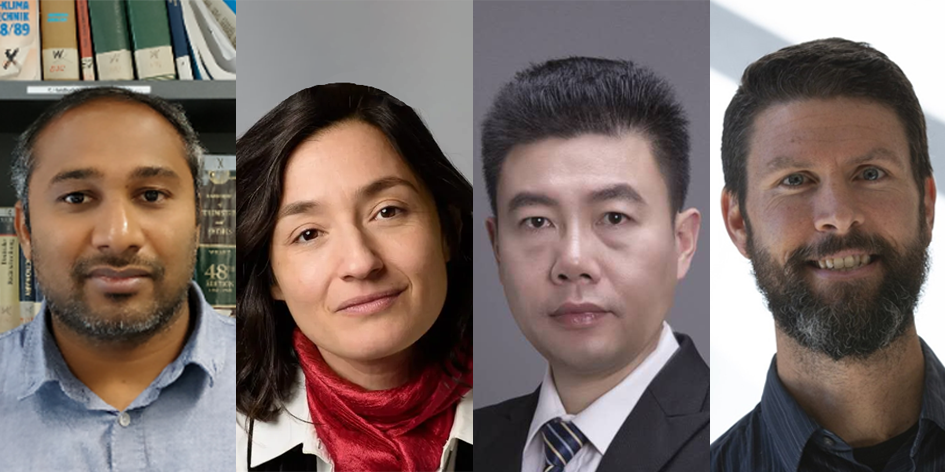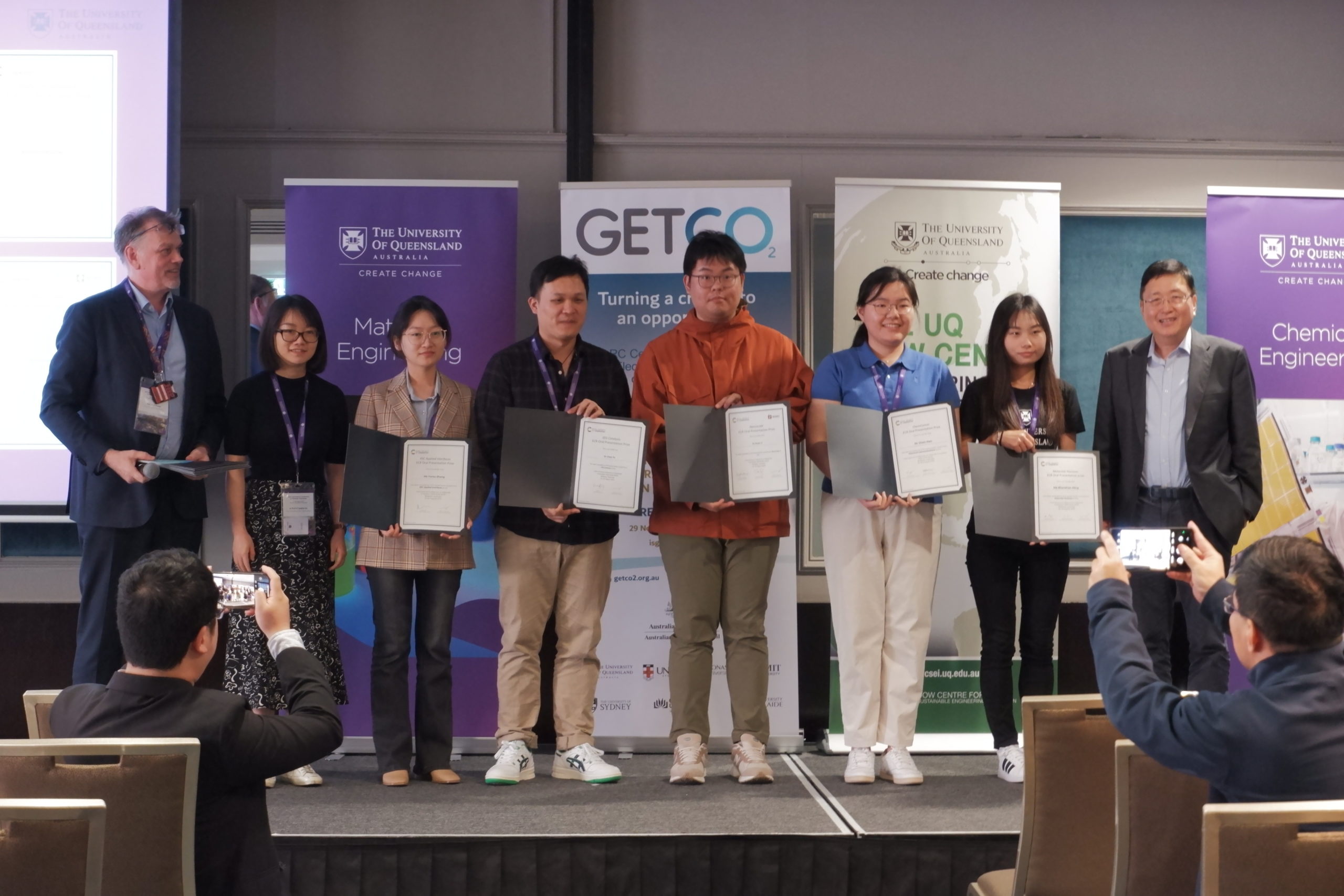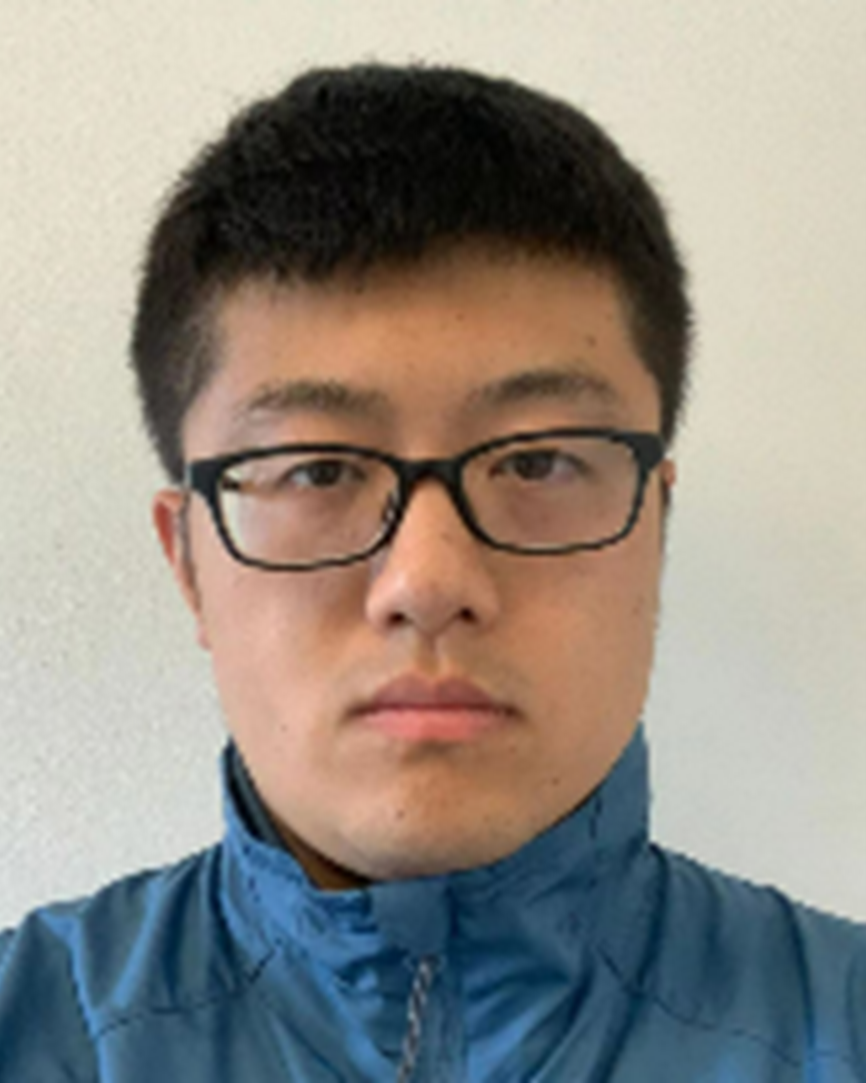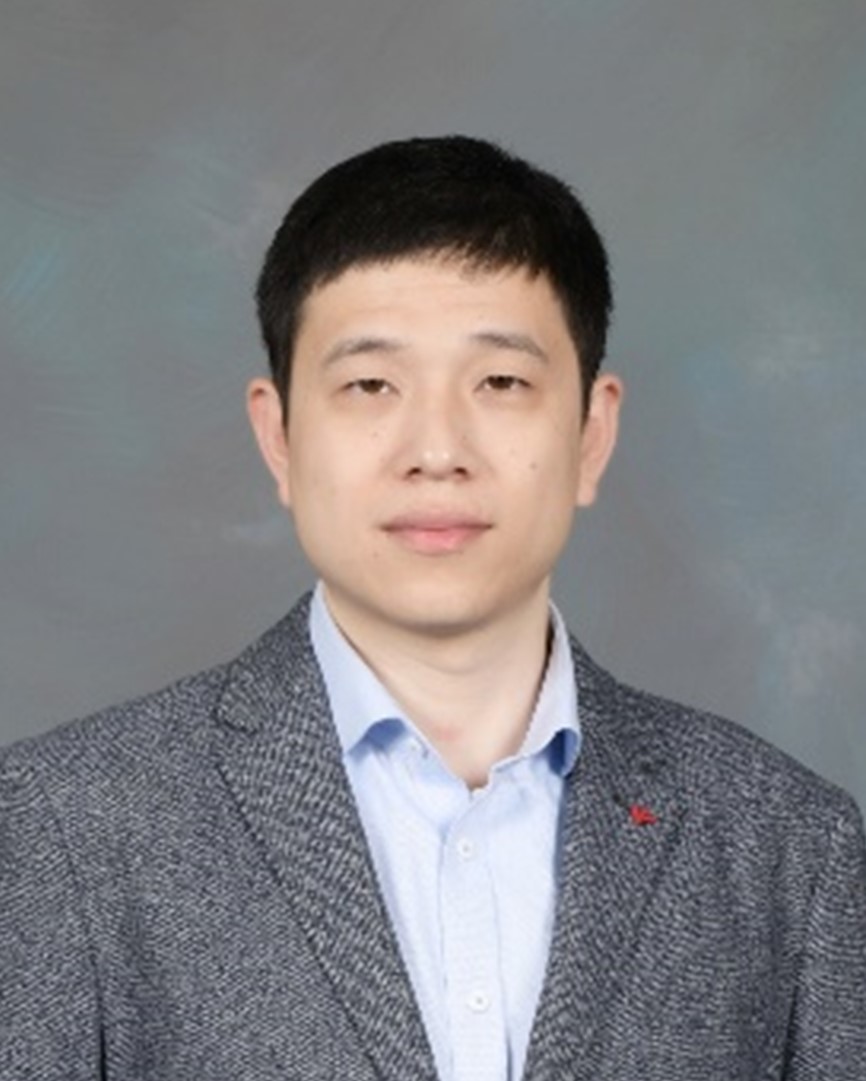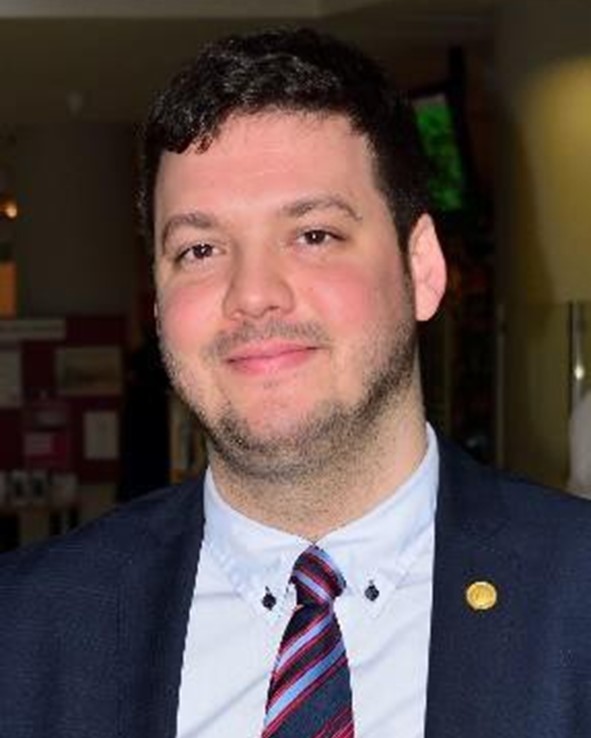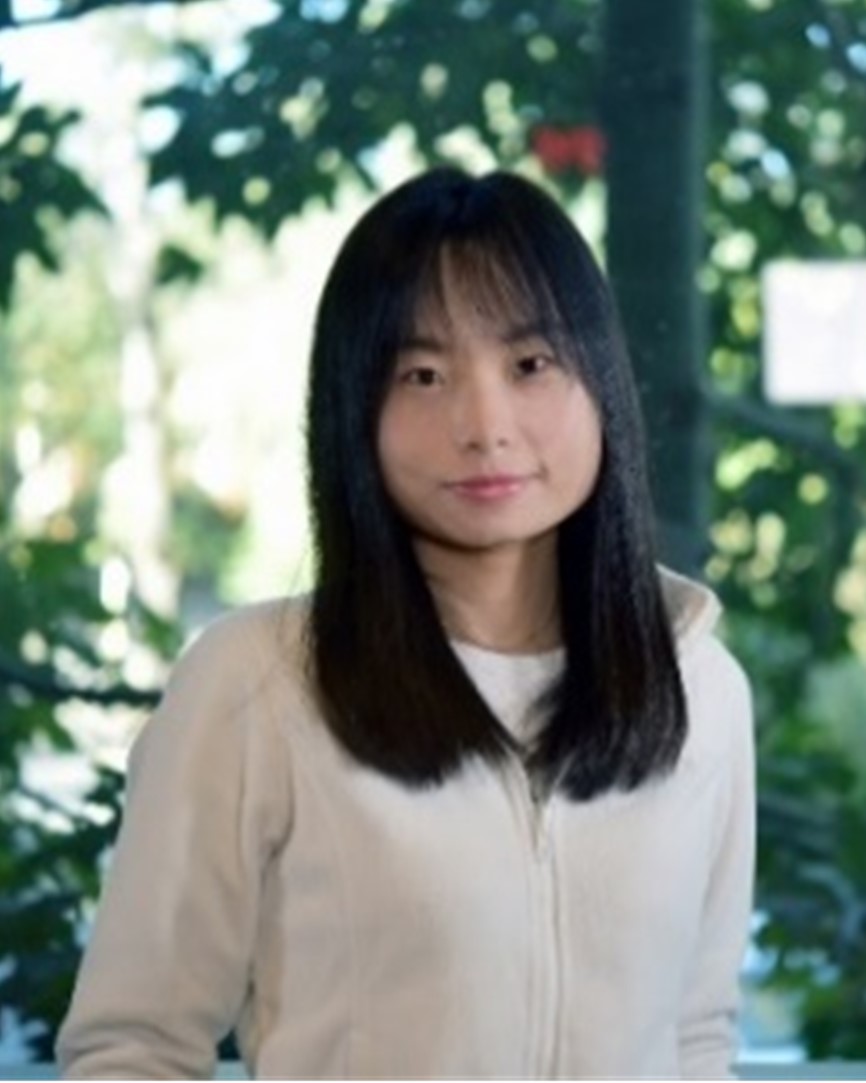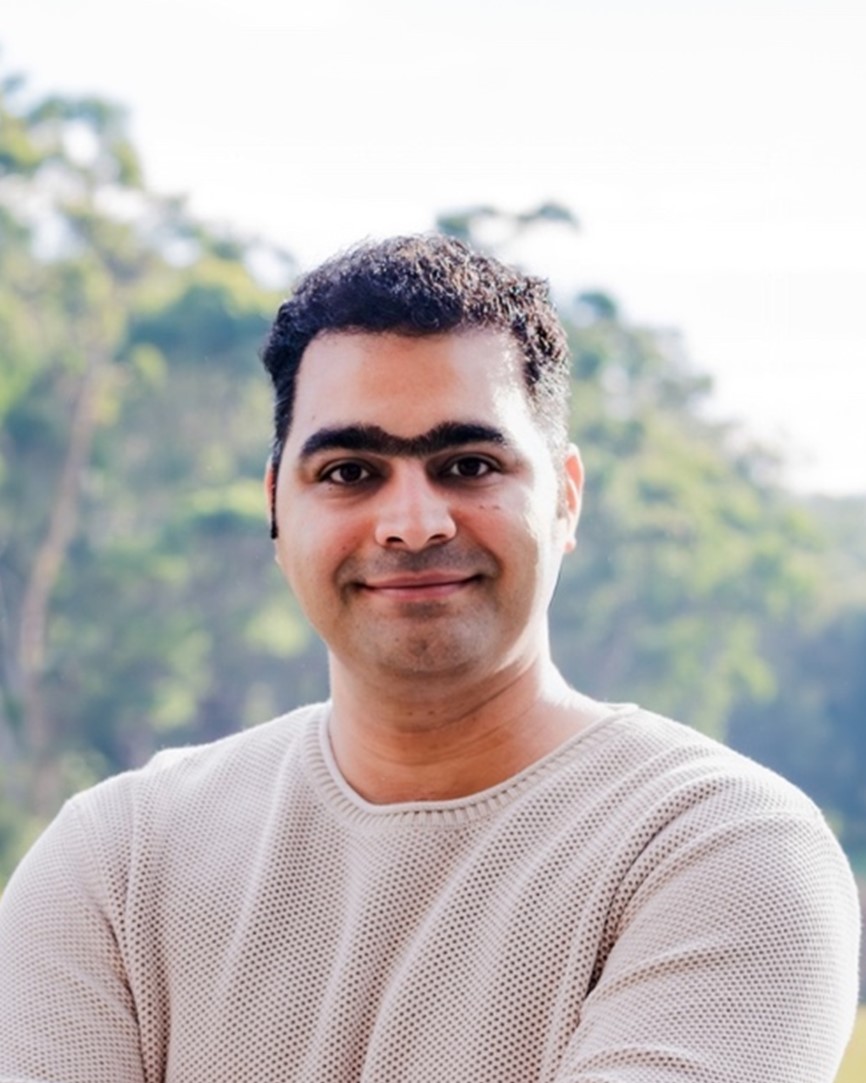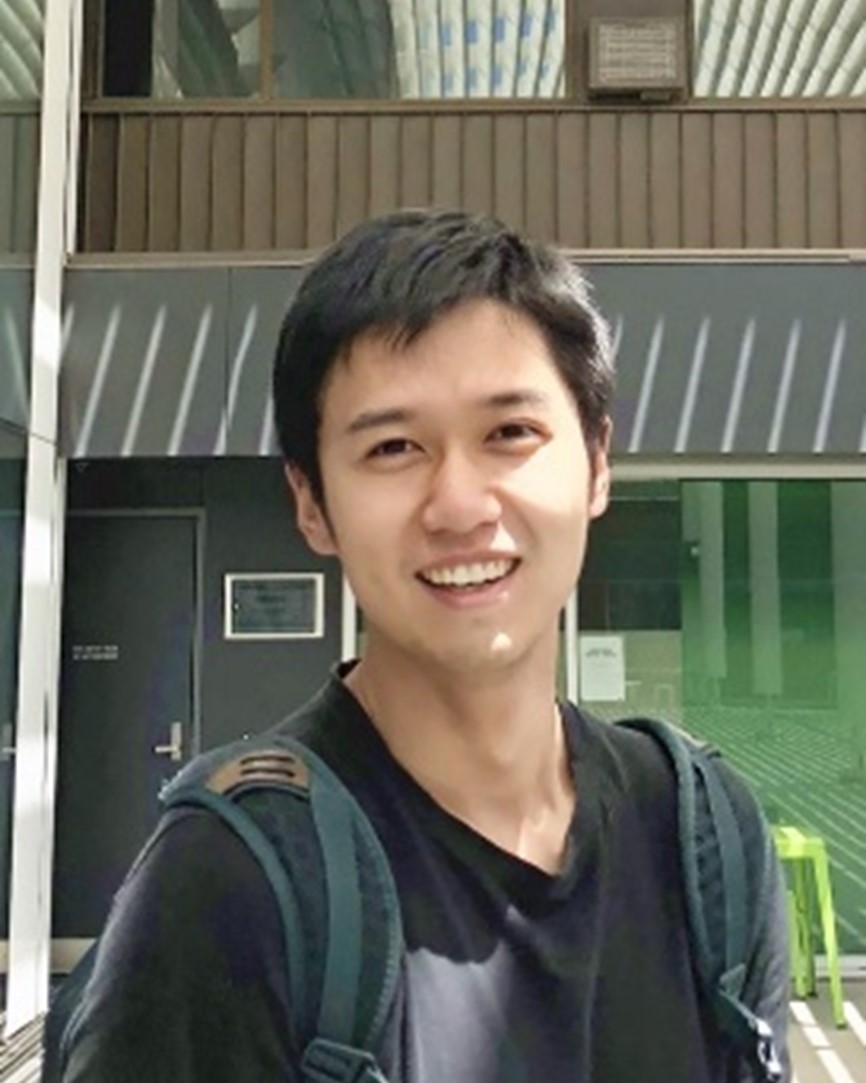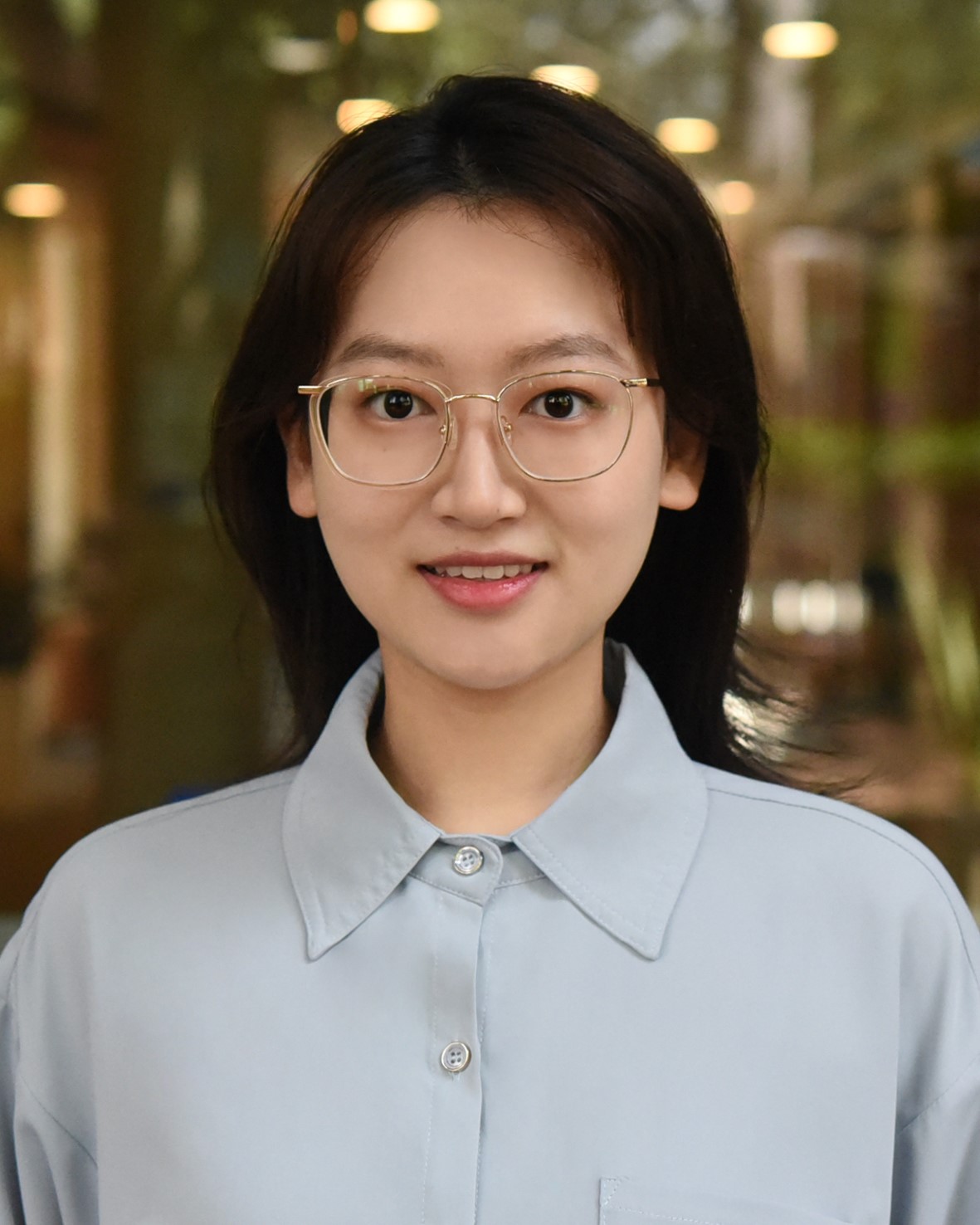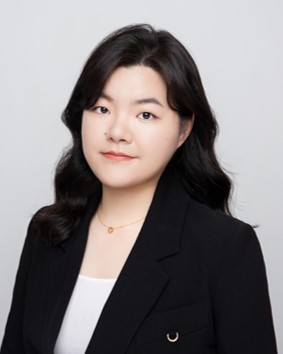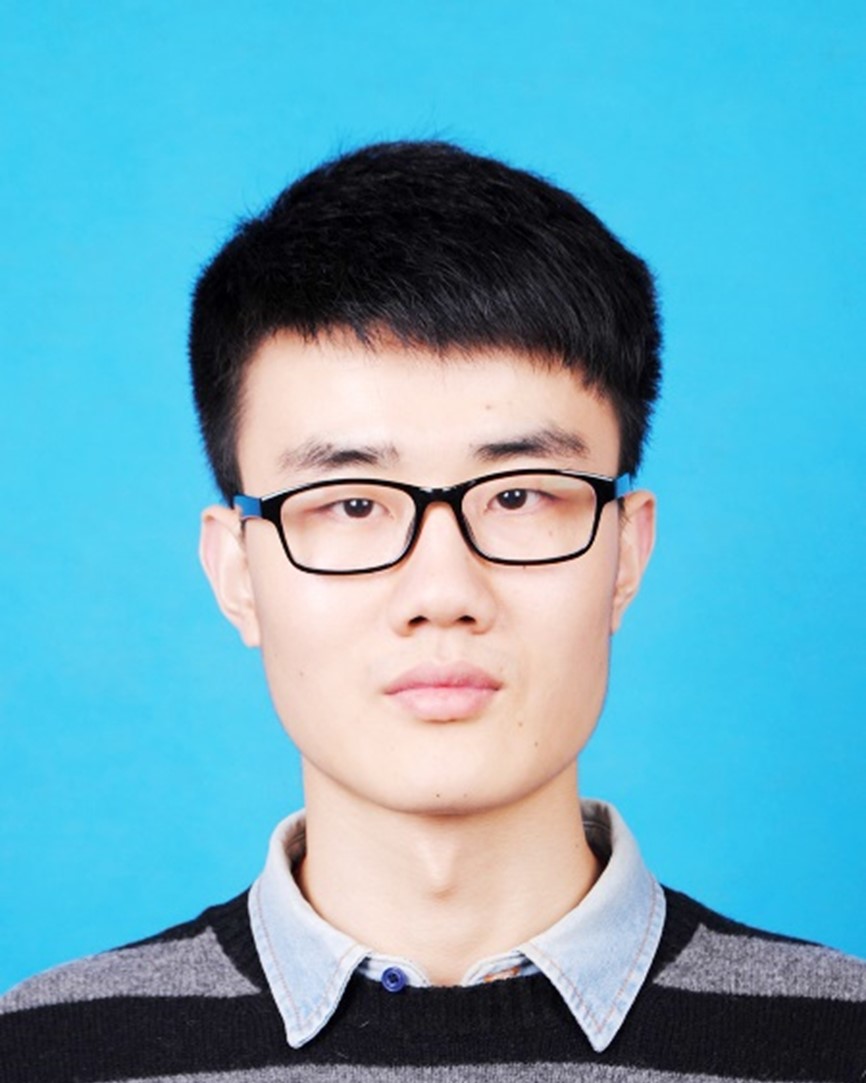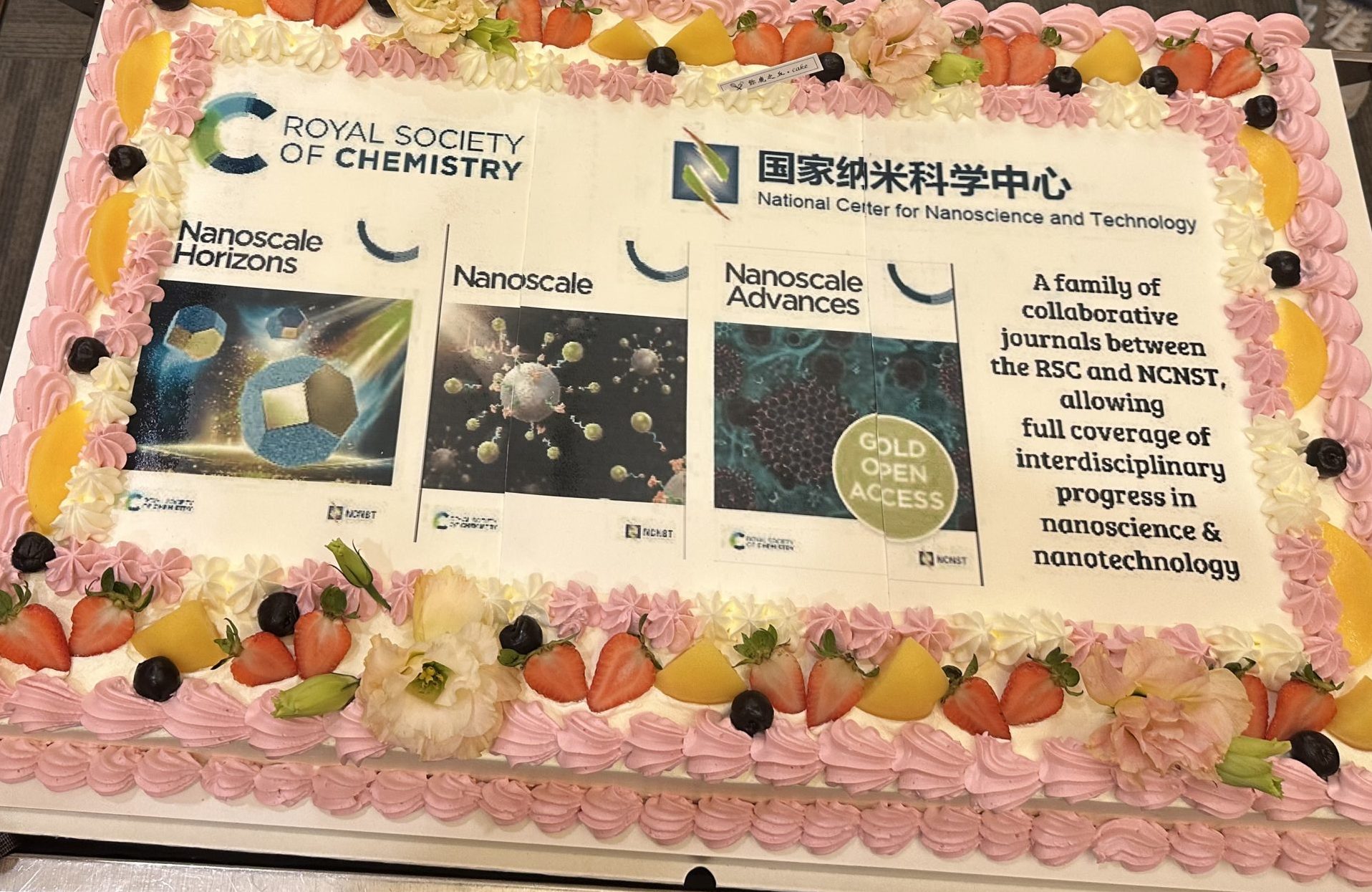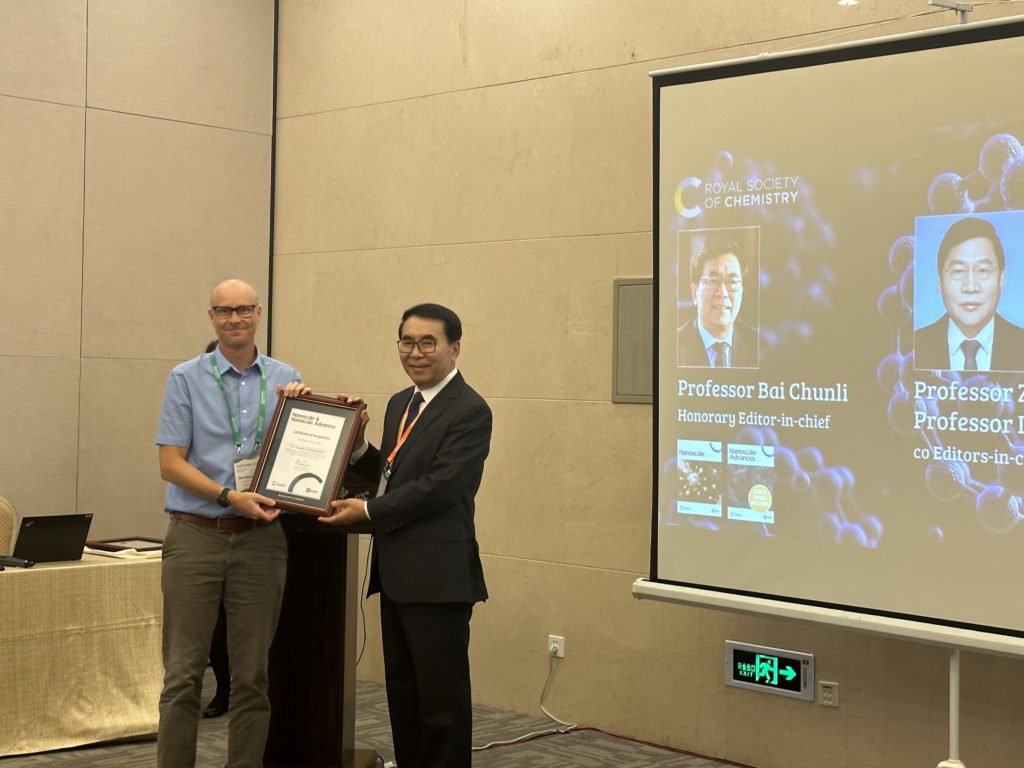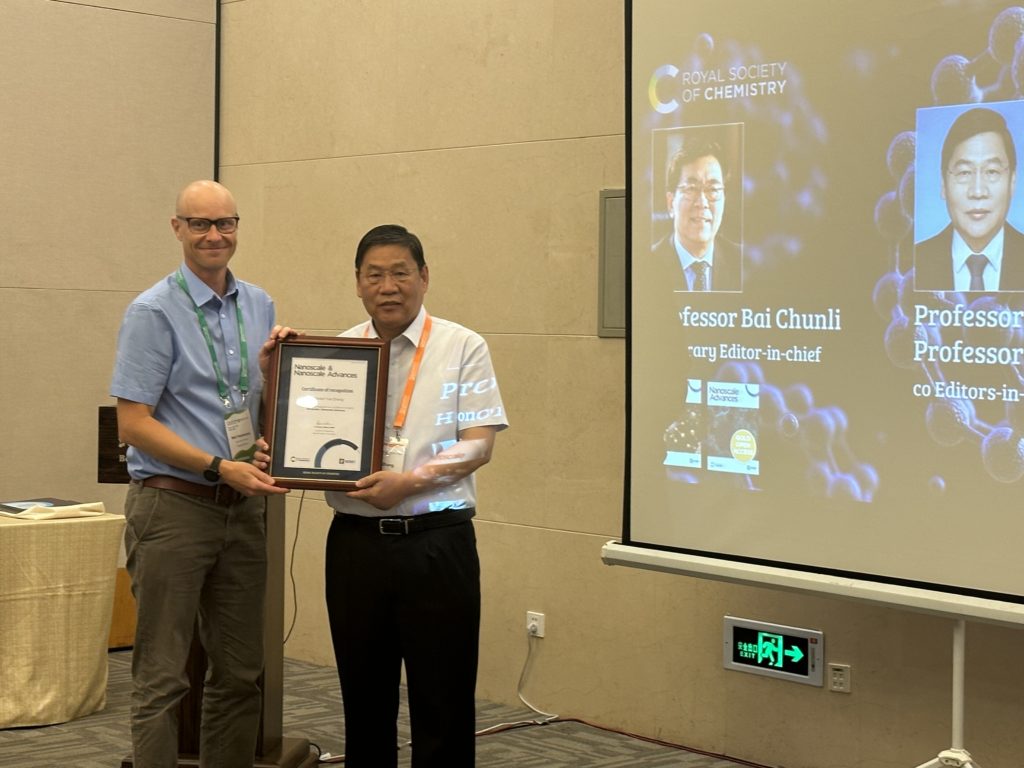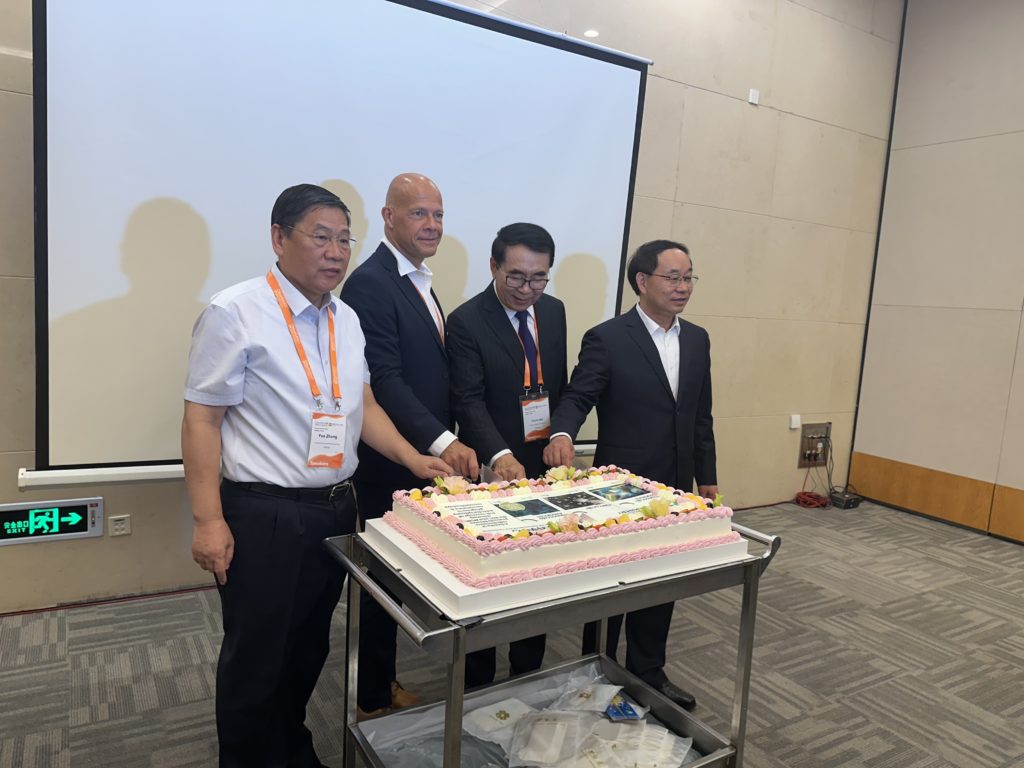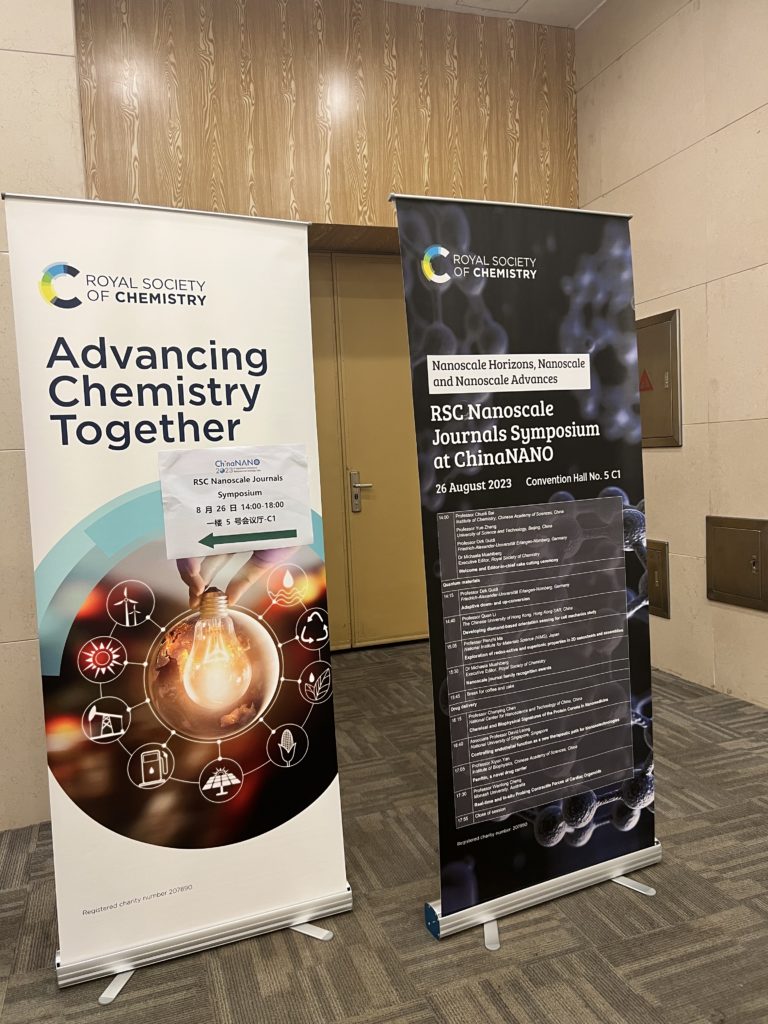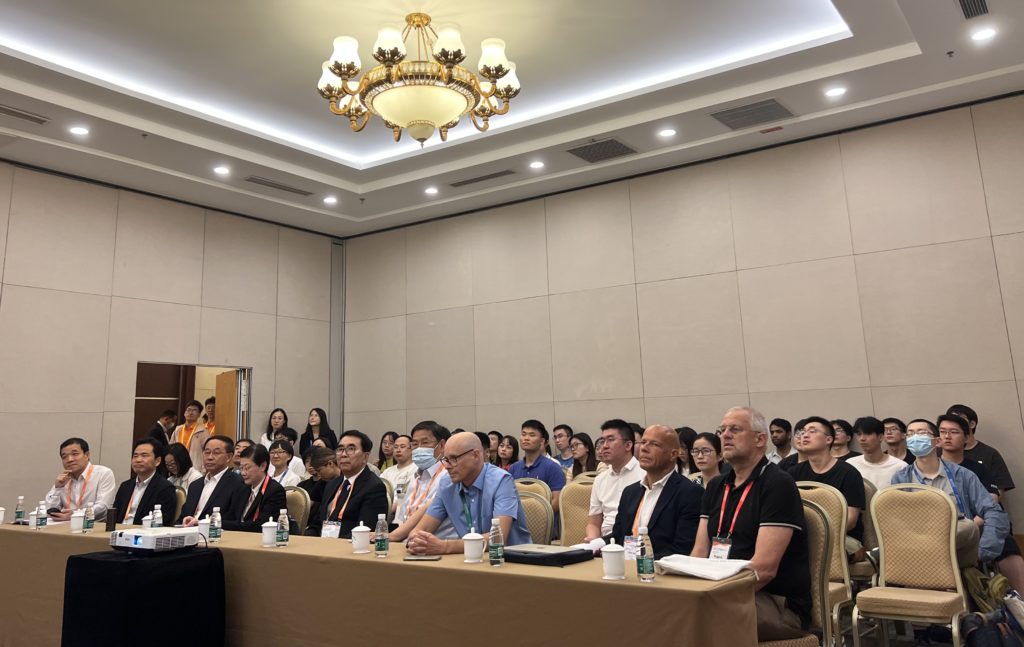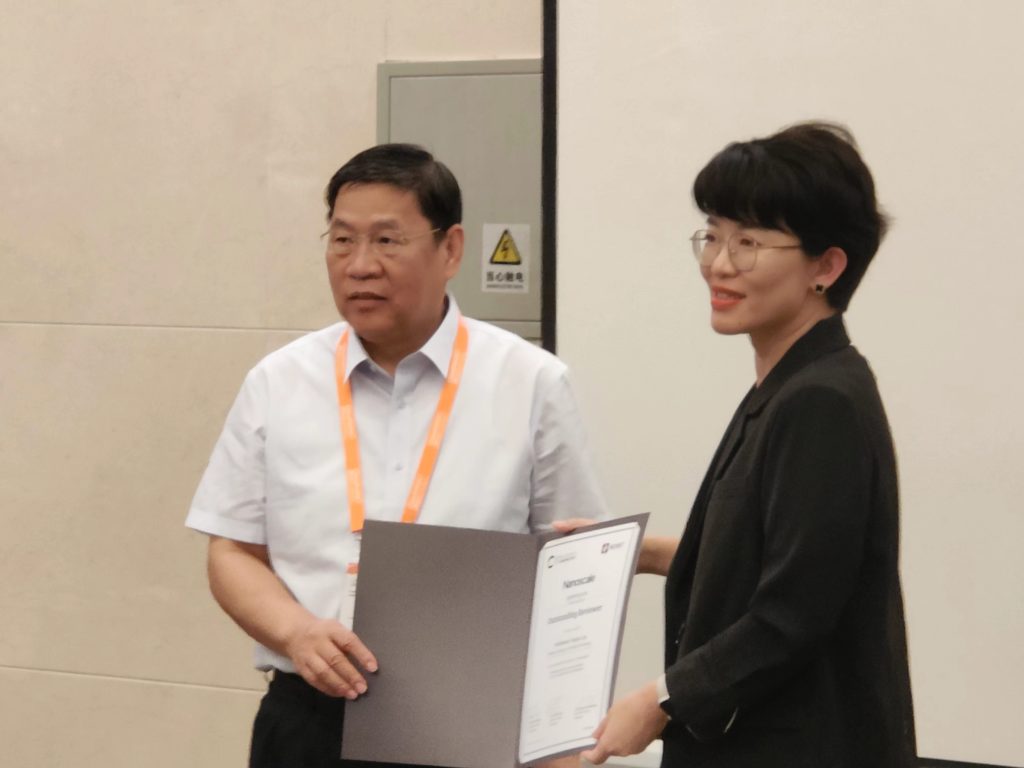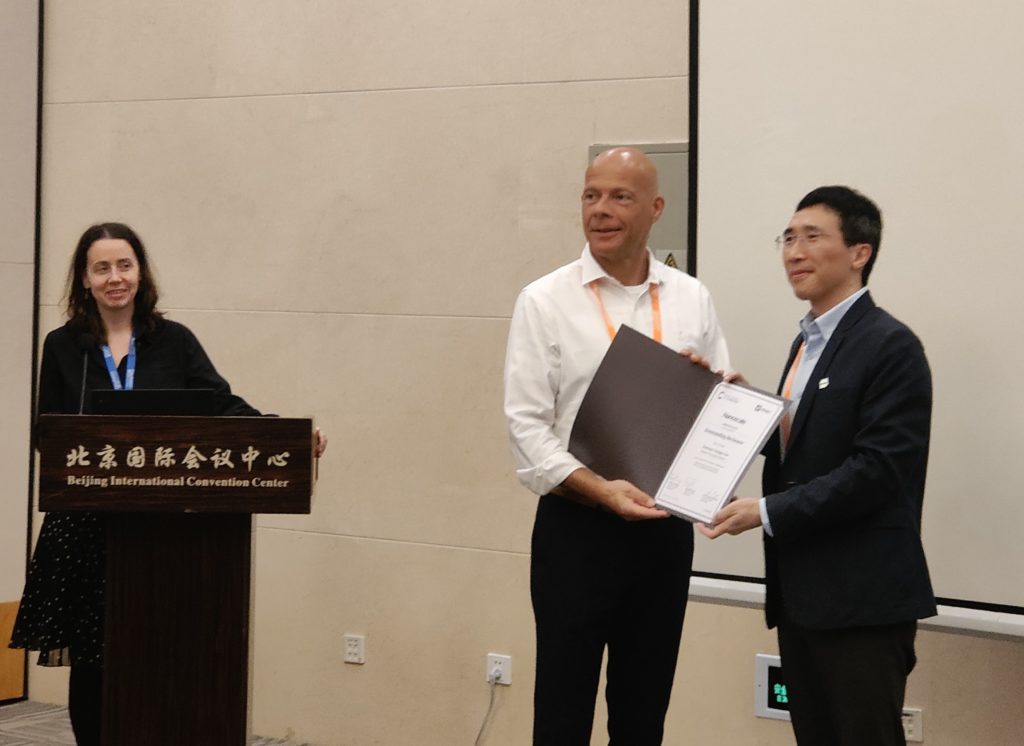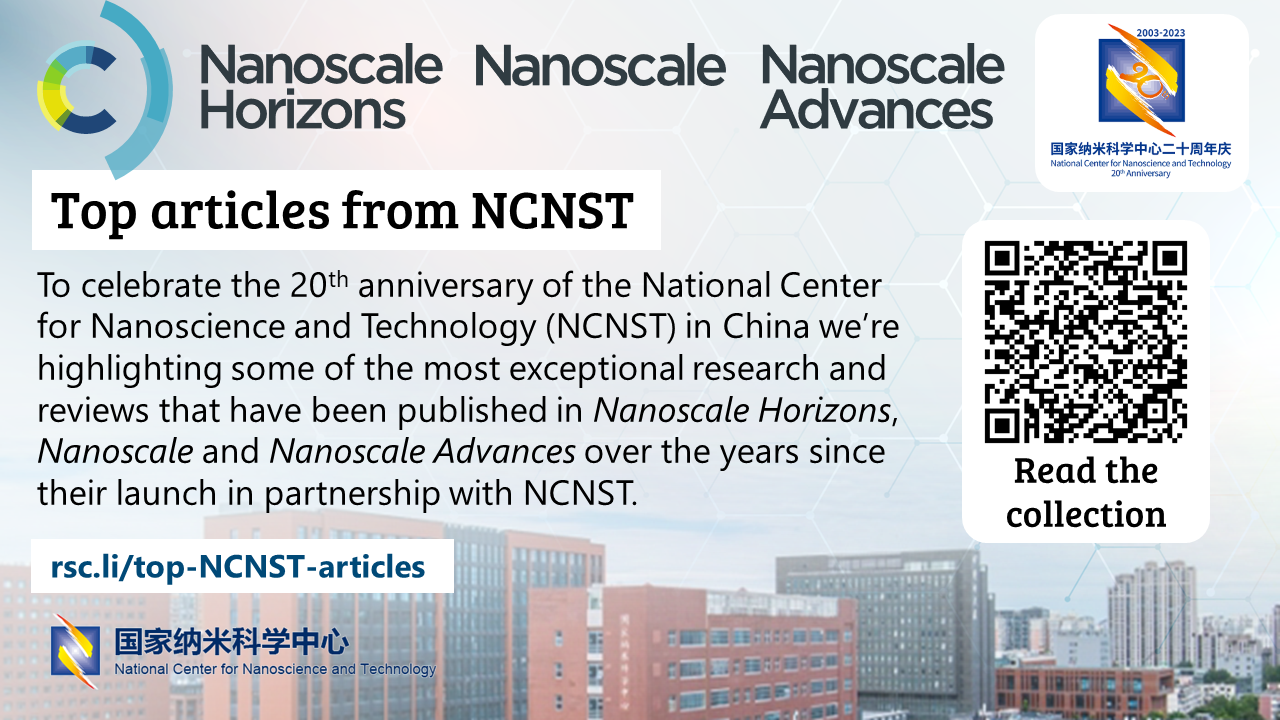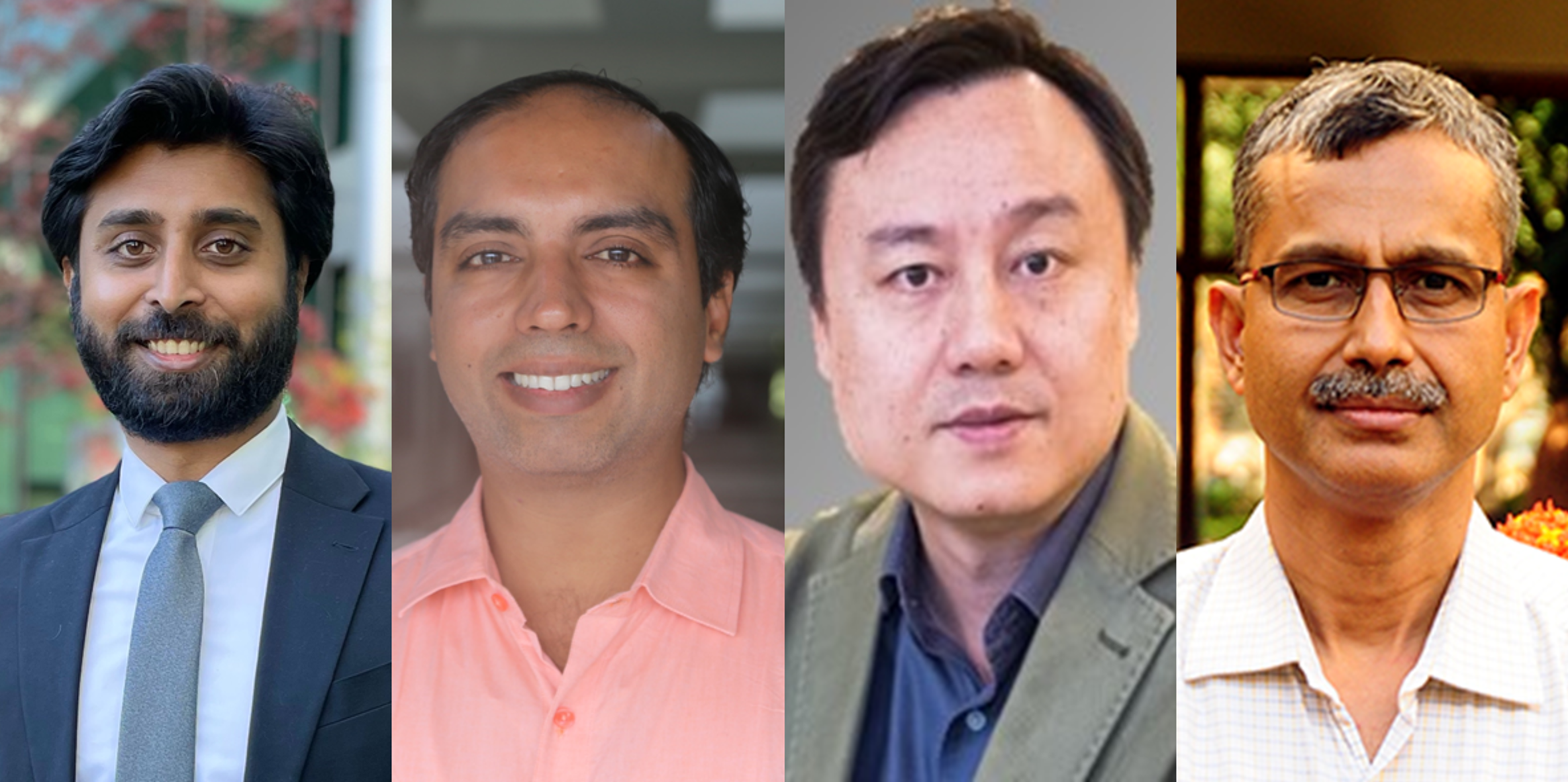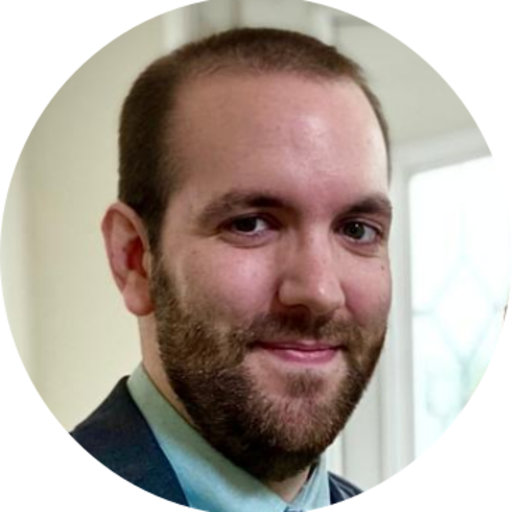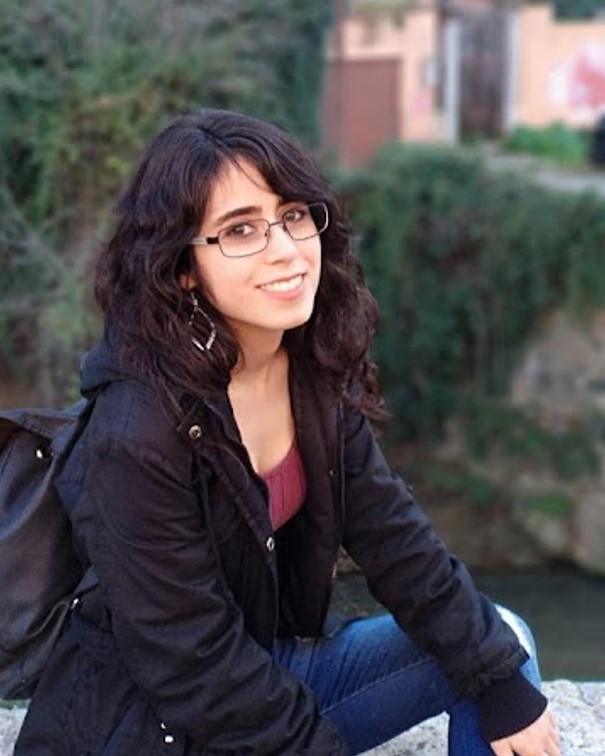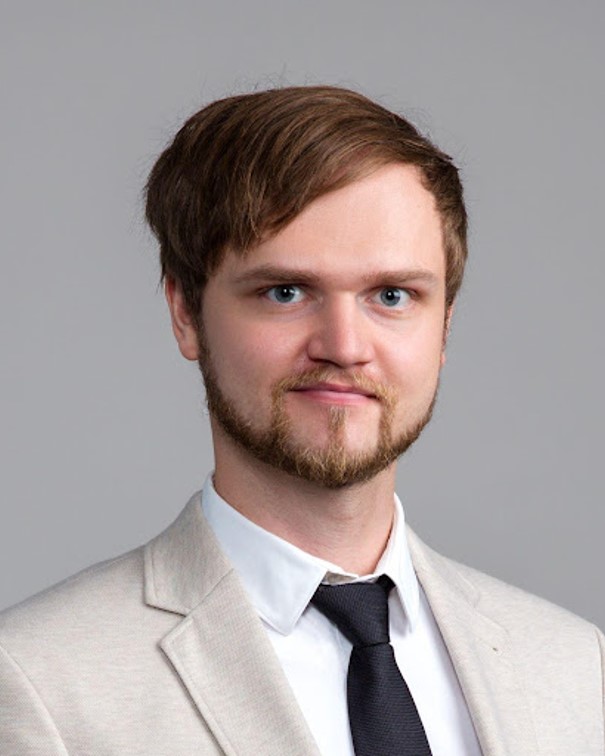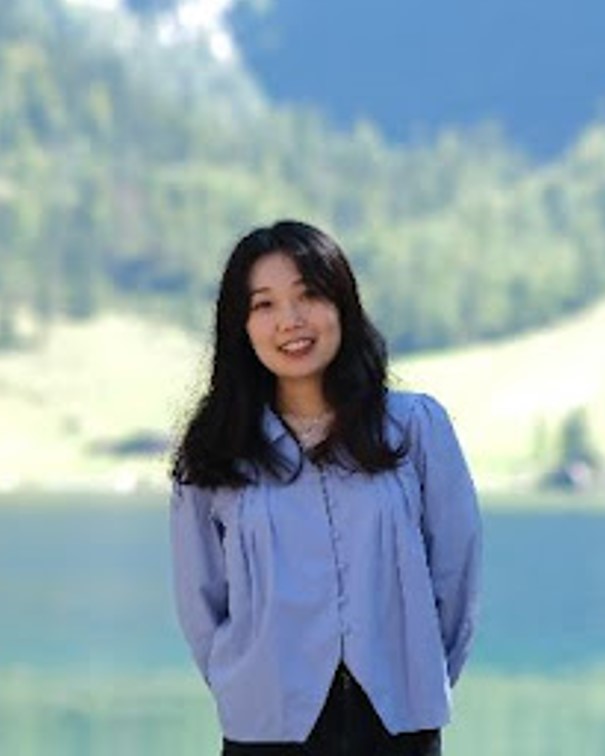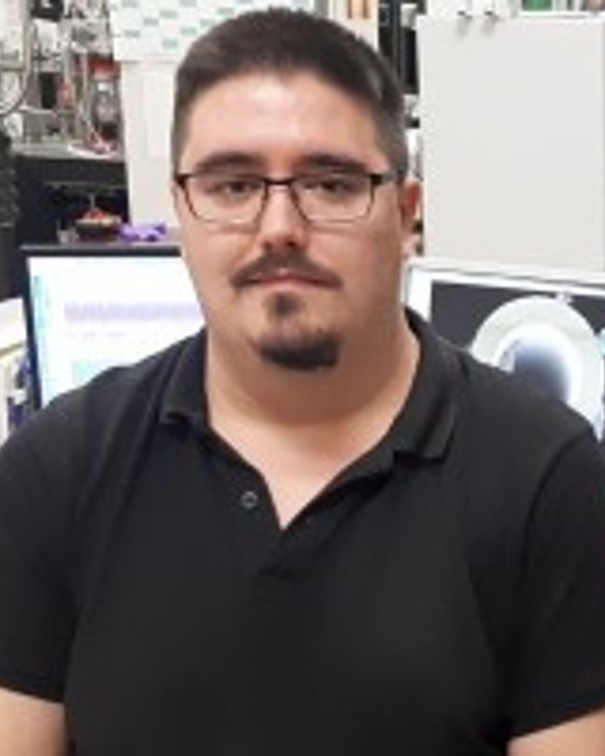Quantum Dots: Celebrating the 2023 Nobel Prize in Chemistry
We are delighted to present to you a special cross-journal collection dedicated to this year’s Nobel Prize in Chemistry, a diverse set of works showcasing developments in quantum dots, covering a comprehensive range of topics including the synthesis, characterisation/optimisation, and application of these exciting materials. Among the well-received articles and reviews that we have selected, several have been authored by one of the Nobel Prize winners Moungi G. Bawendi.
Read the collection
The collection includes work spanning the past twenty years, highlighting the great progress made in the field of quantum dots over the decades. Comprehensive reviews covering topics including the synthesis of quantum dots for use in solar cells, LEDs and bio-imaging/-sensing provide valuable insight to their respective fields. While this collection mainly focusses on traditional quantum dots based on semiconductors, more recent advances such as carbon quantum dots are also showcased in the research articles included.
Articles in the collection are published in a wide range of RSC journals, including Chemical Society Reviews, Energy & Environmental Science, Nanoscale Horizons, Chemical Science, Chemical Communications, etc.
We hope that readers will enjoy learning about the breadth of research occurring in quantum dots from reading these papers and develop new ideas for utilizing these transformative materials. A small selection of the papers are featured below.
Alternating layer addition approach to CdSe/CdS core/shell quantum dots with near-unity quantum yield and high on-time fractions
Andrew B. Greytak, Peter M. Allen, Wenhao Liu, Jing Zhao, Elizabeth R. Young, Zoran Popović, Brian J. Walker, Daniel G. Nocera and Moungi G. Bawendi
Chem. Sci., 2012, 3, 2028-2034 DOI: 10.1039/C2SC00561A
6.5% efficient perovskite quantum-dot-sensitized solar cell
Jeong-Hyeok Im, Chang-Ryul Lee, Jin-Wook Lee, Sang-Won Park and Nam-Gyu Park
Nanoscale, 2011, 3, 4088-4093 DOI: 10.1039/C1NR10867K
Designing multifunctional quantum dots for bioimaging, detection, and drug delivery
Pavel Zrazhevskiy, Mark Sena and Xiaohu Gao
Chem. Soc. Rev., 2010, 39, 4326-4354 DOI: 10.1039/B915139G
We hope you enjoy reading the collection as we celebrate the 2023 Nobel Prize in Chemistry.


